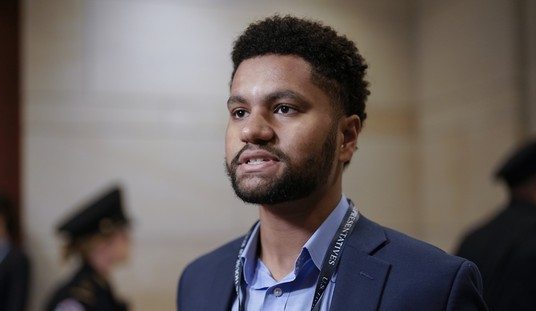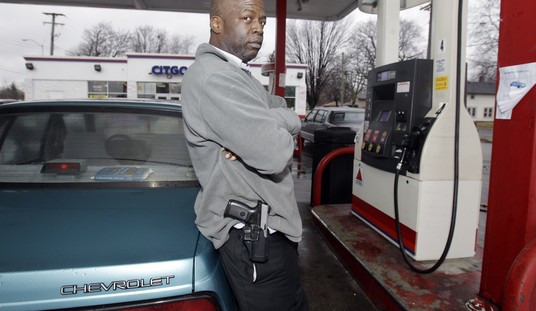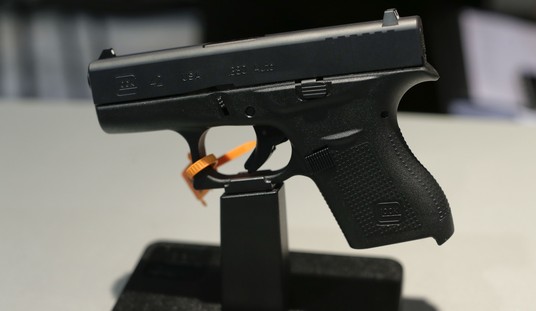One of the hardest things to do when looking for training is to gauge the quality of the training in question. Oh, sure, it’s easy when you’re looking at training with someone who is well known in the field. Gabe Suarez, for example, is someone who is pretty well known and there are tons of opinions on him. The same is true with James Yeager at Tactical Response, Travis Hailey, or Larry Vickers among many others.
With these guys, there’s more than enough information out there for you to make an informed decision.
But there are a ton of guys who aren’t nearly as well known. Are they bad instructors? Some are, some aren’t.
Luckily, Kevin Creighton over at Richocet has some solid advice.
I constantly see signs by freeway exit ramps advertising concealed carry permit classes for ridiculously low prices. While I completely understand how money (or the lack thereof) can affect buying decisions, when you’re choosing a firearms instructor, you are choosing someone to teach you how to potentially save your life and the lives of those close to you. So, choosing the cheapest one available makes as much sense as choosing the cheapest skydiving instructor.
The minimum amount of training needed to teach concealed carry in many states is instructor certifications in NRA Basic Pistol and NRA Personal Protection Inside the Home. This is the bare minimum, though, and a good instructor will have many, many more hours of classes beyond this. Aside from this minimum, what else should you look for in a good firearms trainer?
- Someone who lists their sources. I’ve taken classes from major training centers that never mention anyone other than the people associated with their school. They taught the Color Code without mentioning it was Col. Jeff Cooper who came up with that idea. They also taught the Weaver Stance without saying who invented it, giving their student the impression that everything we know about firearms training was their idea. The fact of the matter is everyone who trains people in the safe use of firearms owes a huge debt to those who have gone before us, and acknowledging that debt is a sign of a trainer who is interested in imparting knowledge, not creating followers.
There are, of course, many others, but I recommend you head on over there and check them out yourself.
What I can say this that this #1 suggestion isn’t just a good idea. For me, it’s a dealbreaker. Anyone who tries to pass something off as their own is someone who is either fundamentally dishonest or ignorant. It takes a few more seconds to credit Col. Cooper for the Color Code, or say Jack Weaver invented this particular stance, hence the name.
By neglecting it, they are illustrating they either want the student to believe the instructor created this, that it’s somehow unique to his or her system. They’re plagiarizing the work of those who came before, all in an effort make themselves seem more brilliant than they actually are. They’re also trusting that you’ll never do the work yourself to learn the origins of these things.
Luckily, most gun instructors are neither that dishonest nor that stupid.
The second possibility may be even more problematic in some ways, and that’s ignorance.
If someone is ignorant of where these things came from, I can’t help but wonder just where they learned anything from. Are they actually qualified to be an instructor? Oh, they may have passed a class or two, but did they fully retain all the information they needed to? If they can’t remember the sources of these ideas, what else are they forgetting and will it cost me my life or freedom?
Creighton has five other points he talks about, and those are all great points too, all things that actually matter. Go check it out and bookmark it, because if you get some training, you need to know it’s good training.








Join the conversation as a VIP Member